How Well Do You Know Your Coworkers?
I’m sure we can all agree it’s been a weird year. Many of our offices have had to make adjustments that we never thought would be necessary, and we’ve all attended an excess of virtual events. But everything changed for people outside of the office as well.

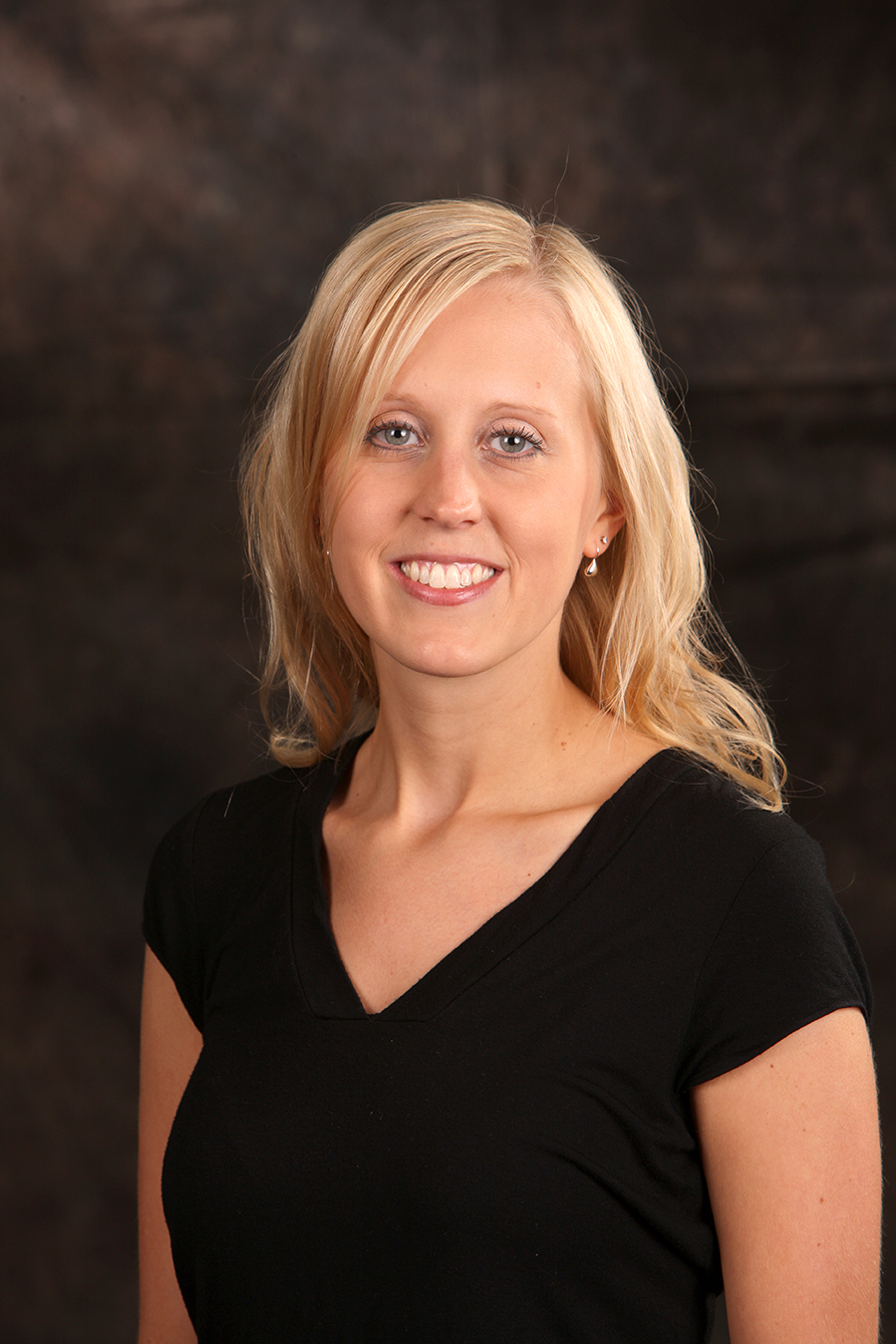 you are familiar with the musical Rent, sorry, that song will be stuck in your head for the rest of the day now. But maybe that’s OK…shouldn’t we all think about how every minute in our life counts for something, especially in this last year?
you are familiar with the musical Rent, sorry, that song will be stuck in your head for the rest of the day now. But maybe that’s OK…shouldn’t we all think about how every minute in our life counts for something, especially in this last year?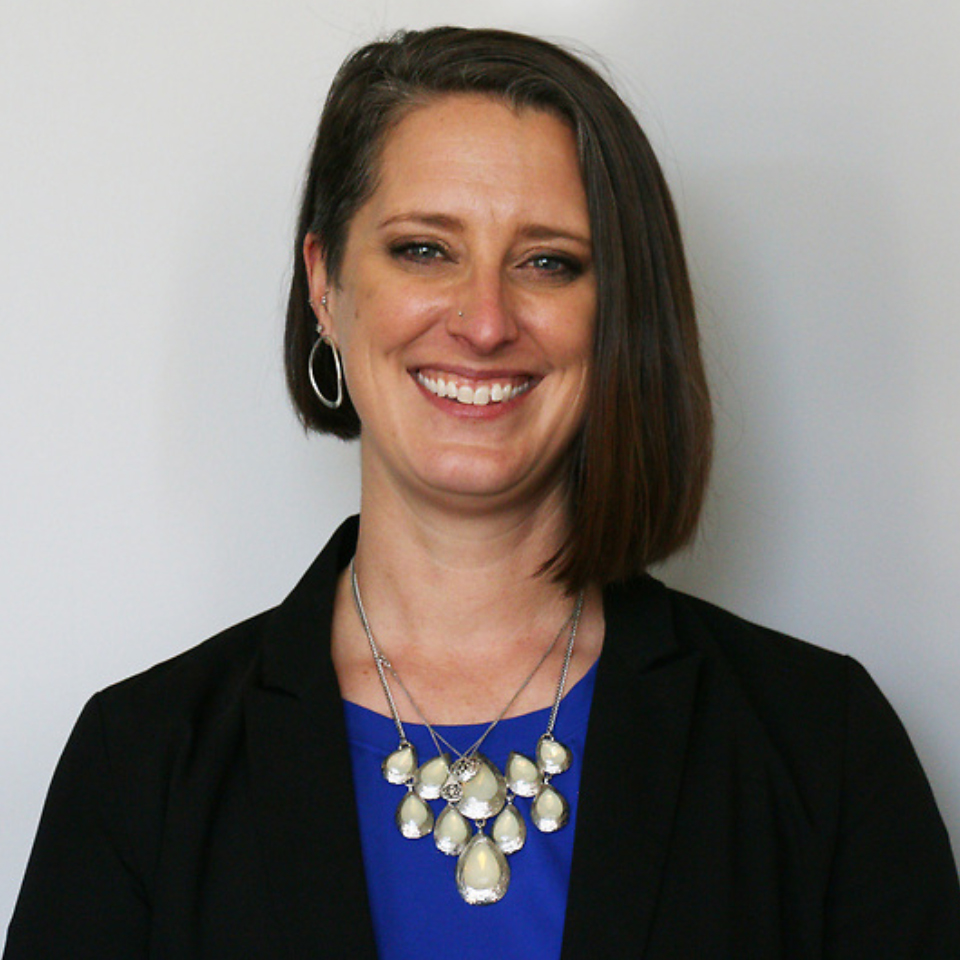 It could be any of these, or it could be none of these.
It could be any of these, or it could be none of these.  implementation of
implementation of 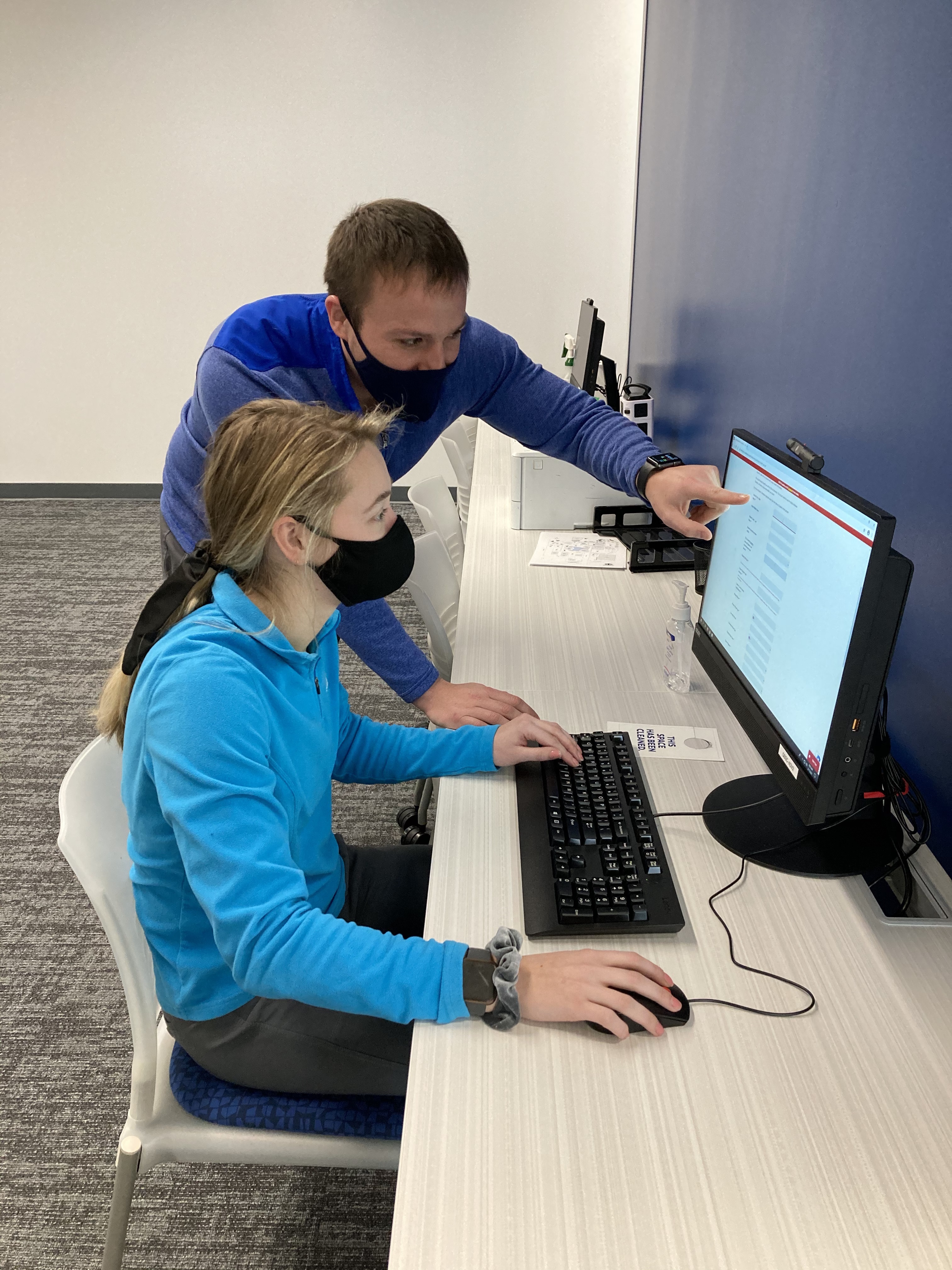
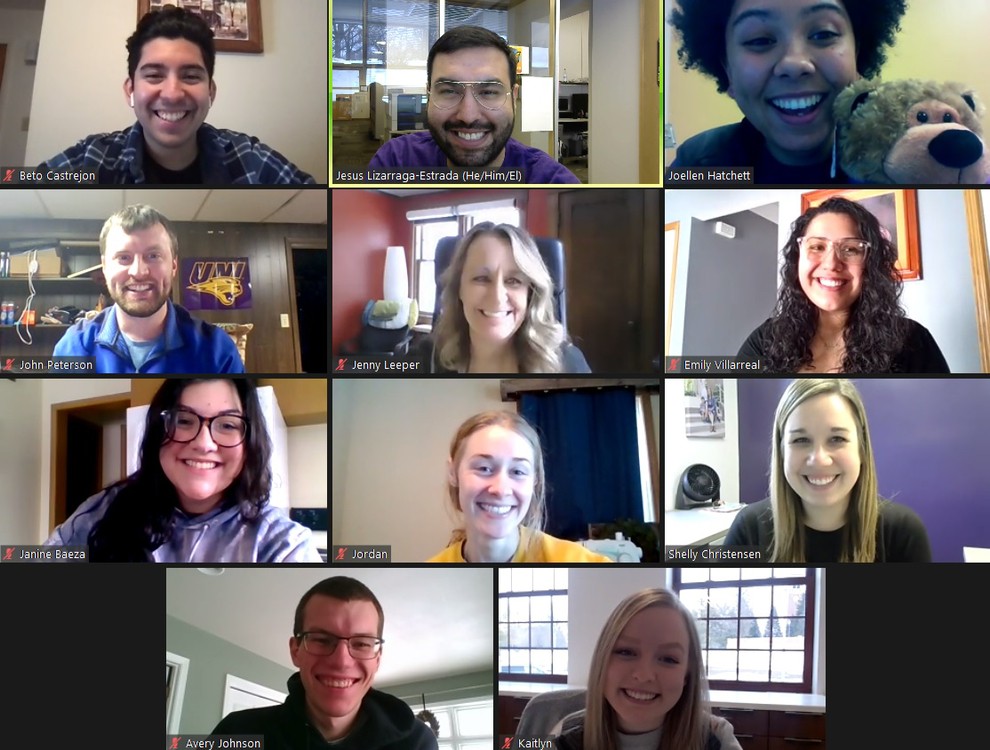 we’ve all endured for almost a year.
we’ve all endured for almost a year. to your office, perhaps you found a time-capsule of life “pre-pandemic” – calendar still on March, piles of papers on your desk, mystery food in your work fridge, etc.
to your office, perhaps you found a time-capsule of life “pre-pandemic” – calendar still on March, piles of papers on your desk, mystery food in your work fridge, etc. asked Yuri to share a little bit more about her background so that we can get to know our new exec board member.
asked Yuri to share a little bit more about her background so that we can get to know our new exec board member.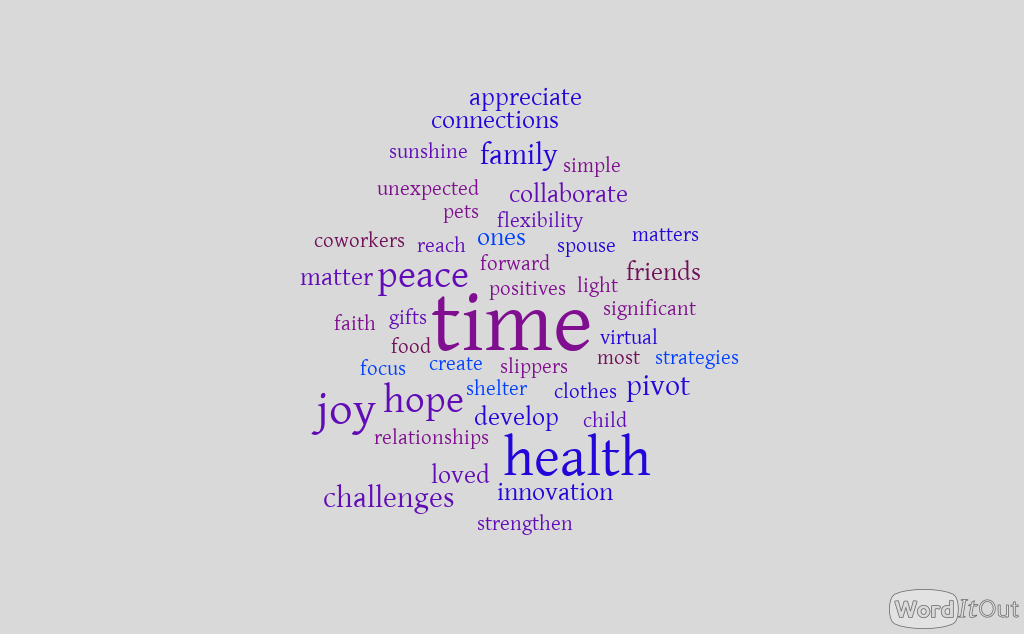
 actually quite the opposite. Each type of company, association, and higher education news website is trying so hard to provide guidance and assistance to all of us in higher education as we navigate these unprecedented times. While we have continued to stay busy, it is a different type of busy that might offer more flexibility in our daily schedules, allowing us to catch some of these webinars and professional development experiences.
actually quite the opposite. Each type of company, association, and higher education news website is trying so hard to provide guidance and assistance to all of us in higher education as we navigate these unprecedented times. While we have continued to stay busy, it is a different type of busy that might offer more flexibility in our daily schedules, allowing us to catch some of these webinars and professional development experiences.
 Eight months ago, the Coronavirus struck hard and quickly changed our personal and work lives in unimaginable ways. The COVID-19 pandemic has taken over 200,000 American lives and over 1 million people globally. It has negatively affected people’s mental health and wellbeing due to worry and stress, social isolation, loneliness, and job loss. Add the political divide and numerous crises, 2020 has left many mentally, physically, and emotionally exhausted.
Eight months ago, the Coronavirus struck hard and quickly changed our personal and work lives in unimaginable ways. The COVID-19 pandemic has taken over 200,000 American lives and over 1 million people globally. It has negatively affected people’s mental health and wellbeing due to worry and stress, social isolation, loneliness, and job loss. Add the political divide and numerous crises, 2020 has left many mentally, physically, and emotionally exhausted. emails in coffee shops, and constructing the perfect college fair table layout. This year, most are likely not experiencing the same type of fall travel season. Personally, I love that my role as an admission counselor allows me to travel, and attend large recruitment events on campus. Adjusting to a recruitment cycle with a lack of those activities has certainly been a change. However, there are pros and cons to the new, virtual recruitment cycle we are all likely experiencing this fall.
emails in coffee shops, and constructing the perfect college fair table layout. This year, most are likely not experiencing the same type of fall travel season. Personally, I love that my role as an admission counselor allows me to travel, and attend large recruitment events on campus. Adjusting to a recruitment cycle with a lack of those activities has certainly been a change. However, there are pros and cons to the new, virtual recruitment cycle we are all likely experiencing this fall.